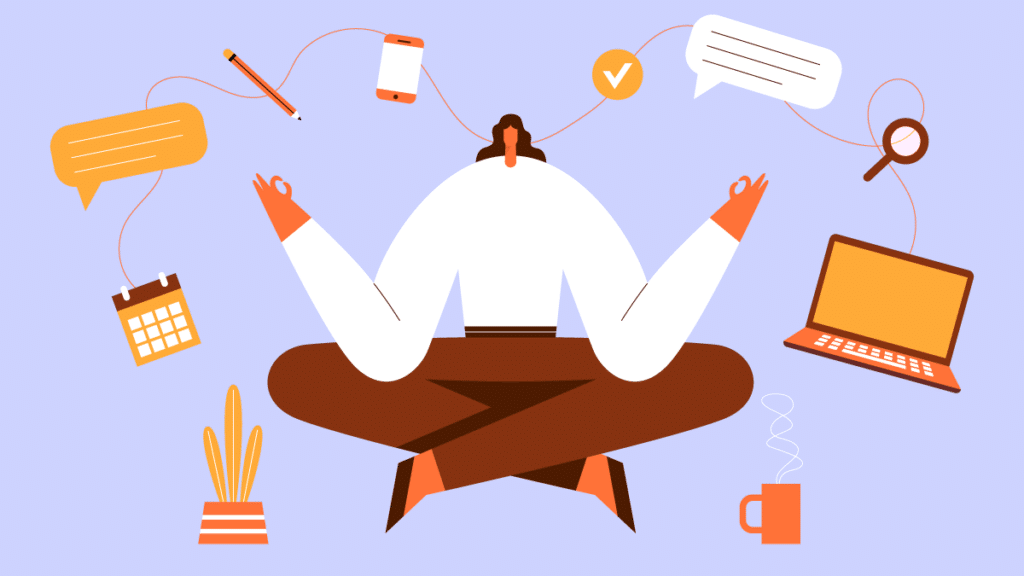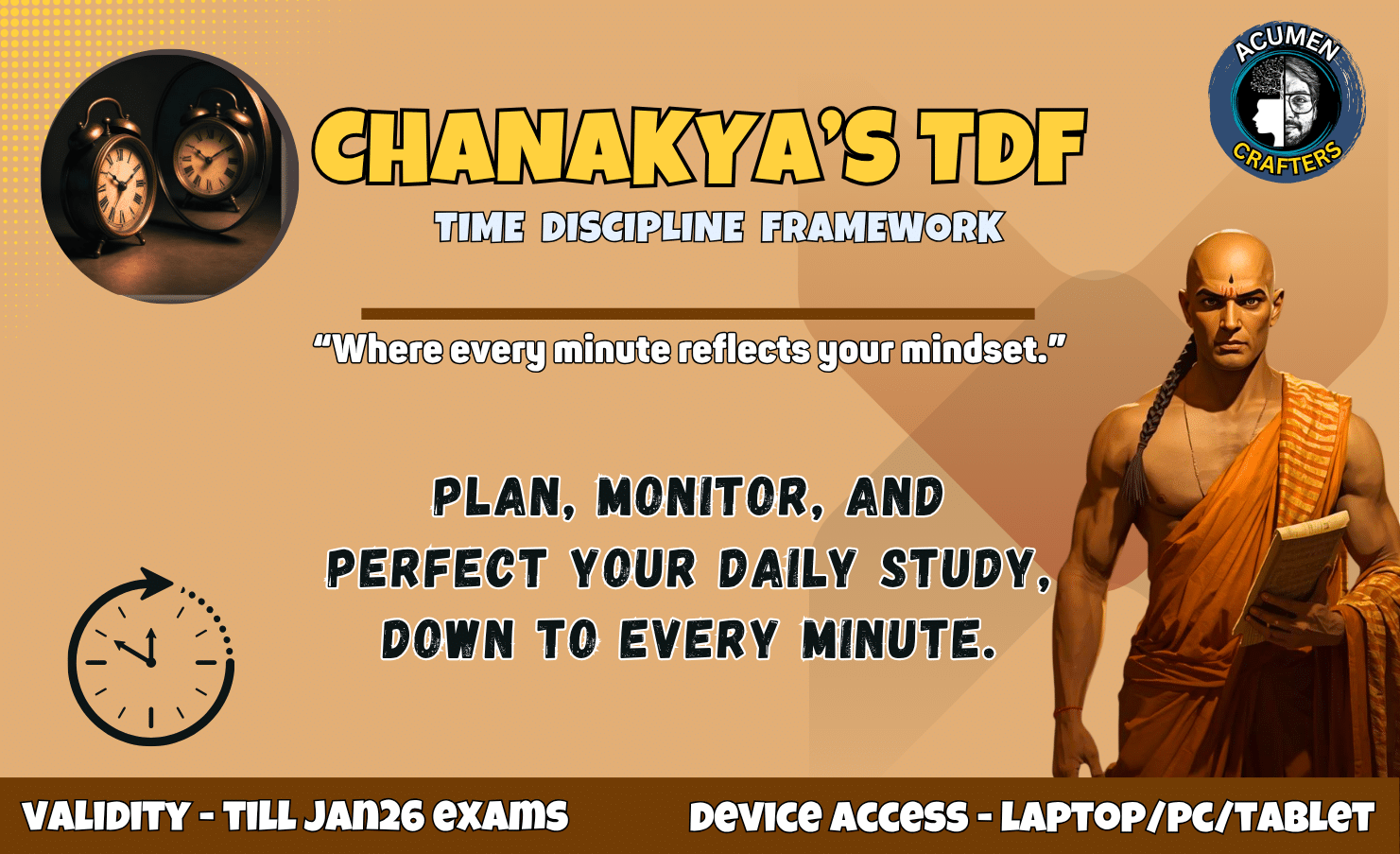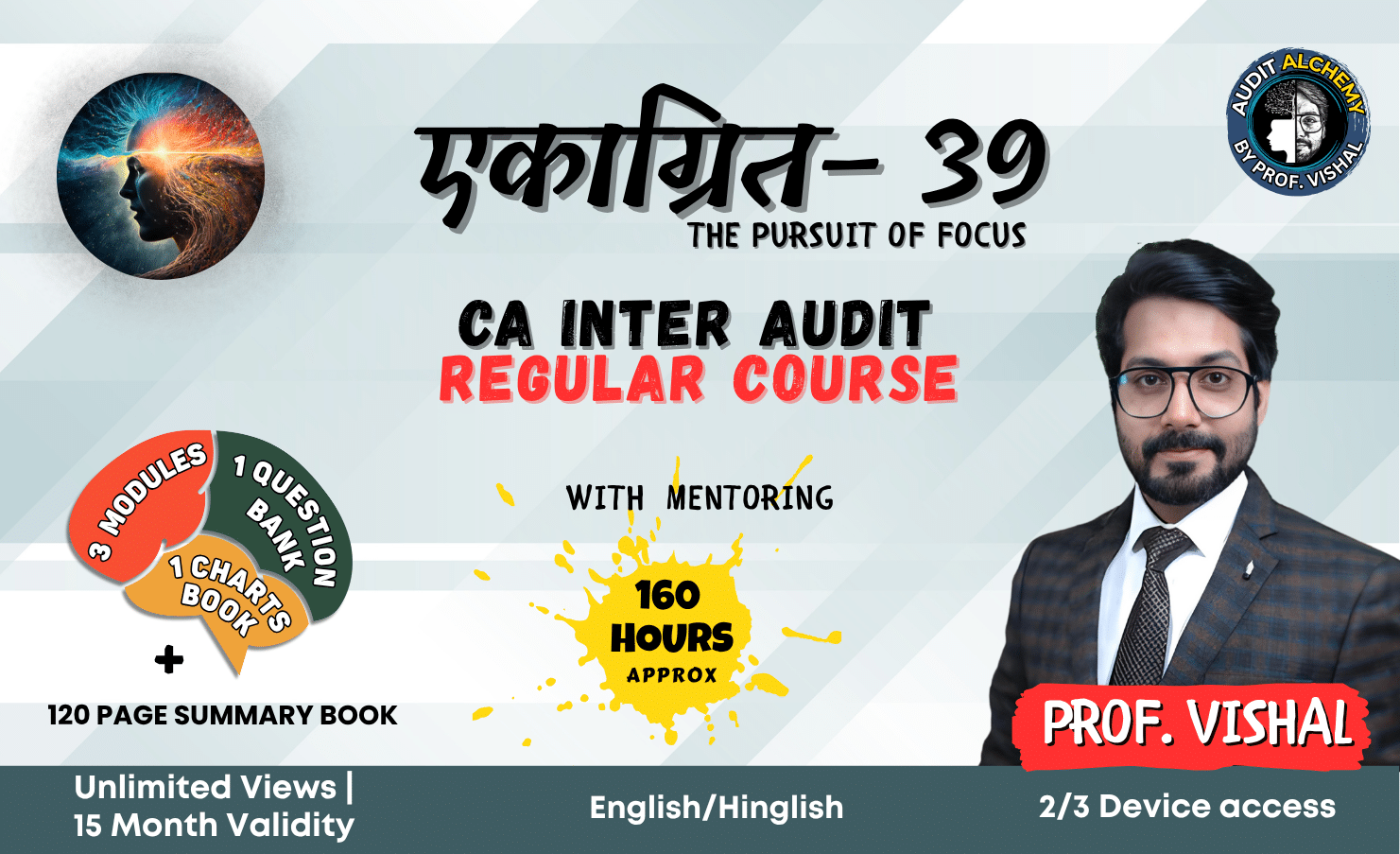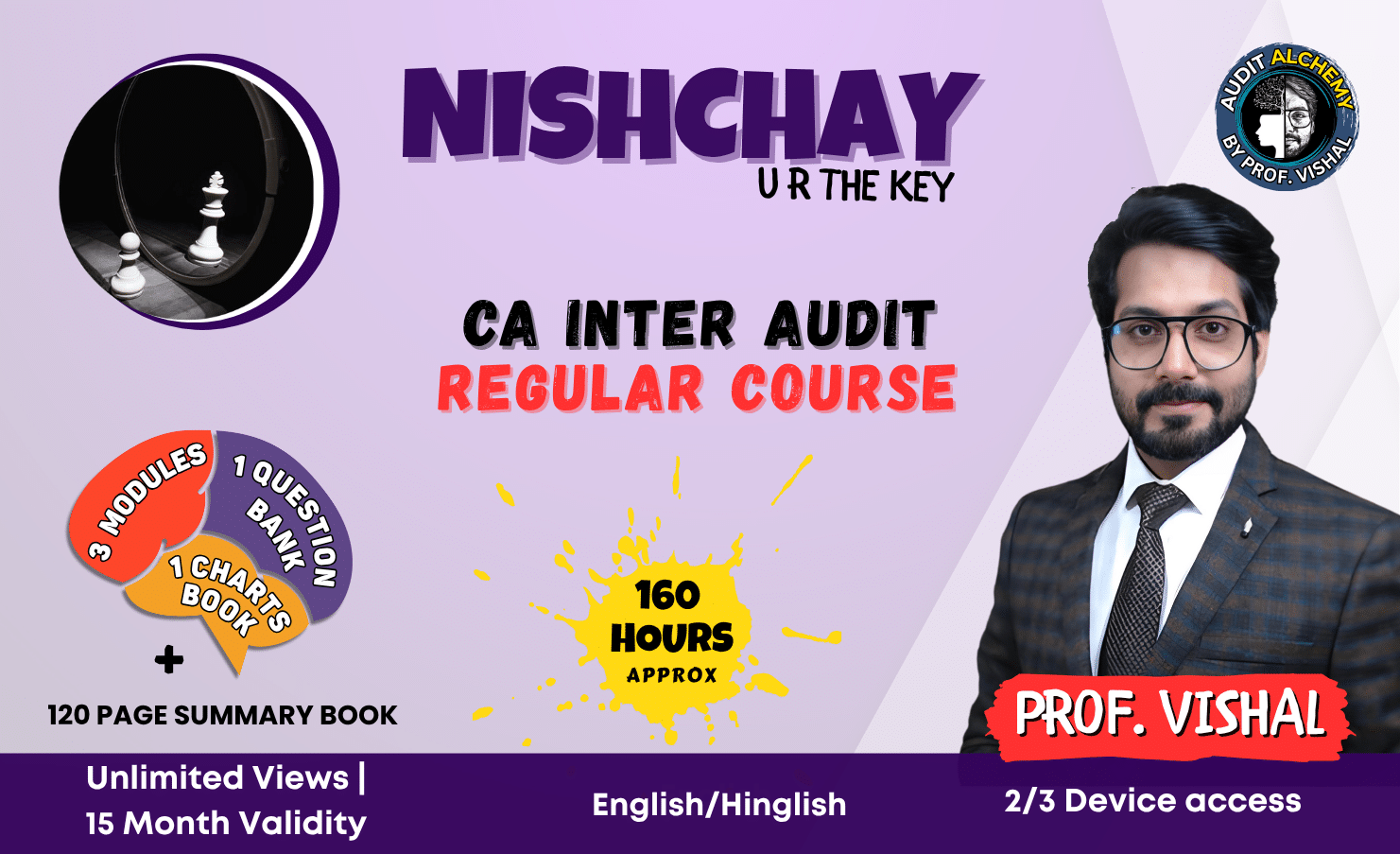Ending a relationship can be incredibly tough. It’s like reaching the final and most challenging chapter of a love story. We all dream of perfect love stories from a young age, but in reality, not all relationships last forever. What truly matters is how deeply we connect with our partner.
When a relationship ends, it can bring intense sadness and depression, impacting not only our emotions but also our professional lives. We’ve seen cases where breakups have derailed careers.
But if you’re going through this phase of life, there’s hope. A breakup isn’t the end; it’s a valuable lesson and an opportunity for a brighter future.
Breakups can affect us emotionally and professionally, potentially derailing our career aspirations. Here are some strategies to help you refocus on your career while leaving the pain of a breakup behind:
1. Prioritize Self-Care:
Breakups often happen because of differences between partners. Whether it’s a mutual decision or one-sided, it’s crucial to prioritize your well-being. It’s natural to want to reconcile, but taking time to reflect may reveal that the relationship wasn’t the right fit. A broken relationship has no future if there isn’t a genuine connection. Protect yourself and avoid forcing an unnecessary relationship.
2. Manage Your Emotions:
Breakups bring a whirlwind of emotions, including anger, sadness, and depression. However, the most challenging emotion to control is denial. It’s okay to feel pain, but don’t let it dictate your actions. Don’t let your former partner continue to influence your thoughts and emotions. Avoid impulsive decisions that could have long-lasting consequences.
3. Understand Mourning vs. Reacting:
Maintain control over your emotions without suppressing them. It’s natural to grieve the end of a significant chapter in your life. Allow yourself to mourn and express your emotions, but avoid reacting impulsively. Acting on intense emotions can lead to regrettable choices. Instead, cry out the sorrow and free yourself from the grip of depression.
4. Change Some Habits:
Stop obsessively checking your ex’s social media or revisiting old messages and gifts. Break free from these habits by blocking them and deleting those reminders. Focus on your self-esteem by paying attention to your appearance. The workplace can serve as a distraction from loneliness.

5. Seek Support from Friends:
During tough times, having a friend to confide in can make a significant difference. Share your fears, frustrations, and pain; it can be therapeutic. Maintaining close friendships reduces the risk of depression. Talking about your feelings can act as a natural painkiller. If talking to a friend doesn’t provide relief, consider consulting a psychologist for professional support to regain your emotional and professional balance.
6. Maintain Boundaries:
While it’s natural to form friendships at work, be cautious about sharing personal details with colleagues. Reserve personal discussions for friends outside of work. This approach demonstrates your ability to manage both personal and professional aspects of your life, which can help advance your career.
7. Concentrate on Your Job:
Focusing on your career can be a remedy for emotional pain. While it may seem challenging, immersing yourself in your work can provide temporary relief from emotional turmoil. Engage in challenging tasks, and allow your mind to be occupied with work-related activities. This approach can help you overcome depression and regain your focus on your career.
8. Balance Your Personal Life:
After work, avoid going home and dwelling on negative thoughts. Choose a calming and relaxing environment like a park, garden, or gym to distance yourself from painful memories. Take time to meditate and let your mind unwind, but don’t overdo it.
9. Prioritize Nutrition:
You might not feel like eating due to depression, but it’s essential to stay healthy. Depression can suppress hunger due to hormonal changes, but your body still needs nourishment to function. A balanced diet not only keeps you physically fit but also helps combat depression by maintaining your energy levels.
10. Avoid Alcohol and Drugs:
While drugs and alcohol may temporarily numb emotional pain, they come with significant risks, including addiction and damage to vital organs. Excessive drinking can lead to debilitating hangovers that affect your work performance. If you’re tempted by these substances, opt for a healthier outlet like exercise to clear your mind.
11. Take Time to Heal:
Don’t rush into new relationships. Use this time to understand yourself better, your strengths, and your career aspirations. Don’t forget to forgive your ex and thank them for the lessons.
12. Keep Smiling:
Smiles are contagious and possess incredible power. A smile, even in difficult times, can boost your mood. Smile at people you meet, and it can brighten your day.
13. Take It Slow:
Healing takes time, and there’s no rush. Gradually, reflect on the relationship and your former partner. Acknowledge the good times and use them as lessons that made you stronger. Forgiving your former partner, not out of weakness but as an expression of gratitude for the lessons, can provide closure.
Conclusion:
A breakup isn’t the end of the world; it’s a valuable life lesson. Without it, you might not have met the right person for you. Life is about learning from experiences, and every step, even the challenging ones, teaches us something. So, don’t let sadness hold you back. Use this experience to become stronger and keep moving forward.












